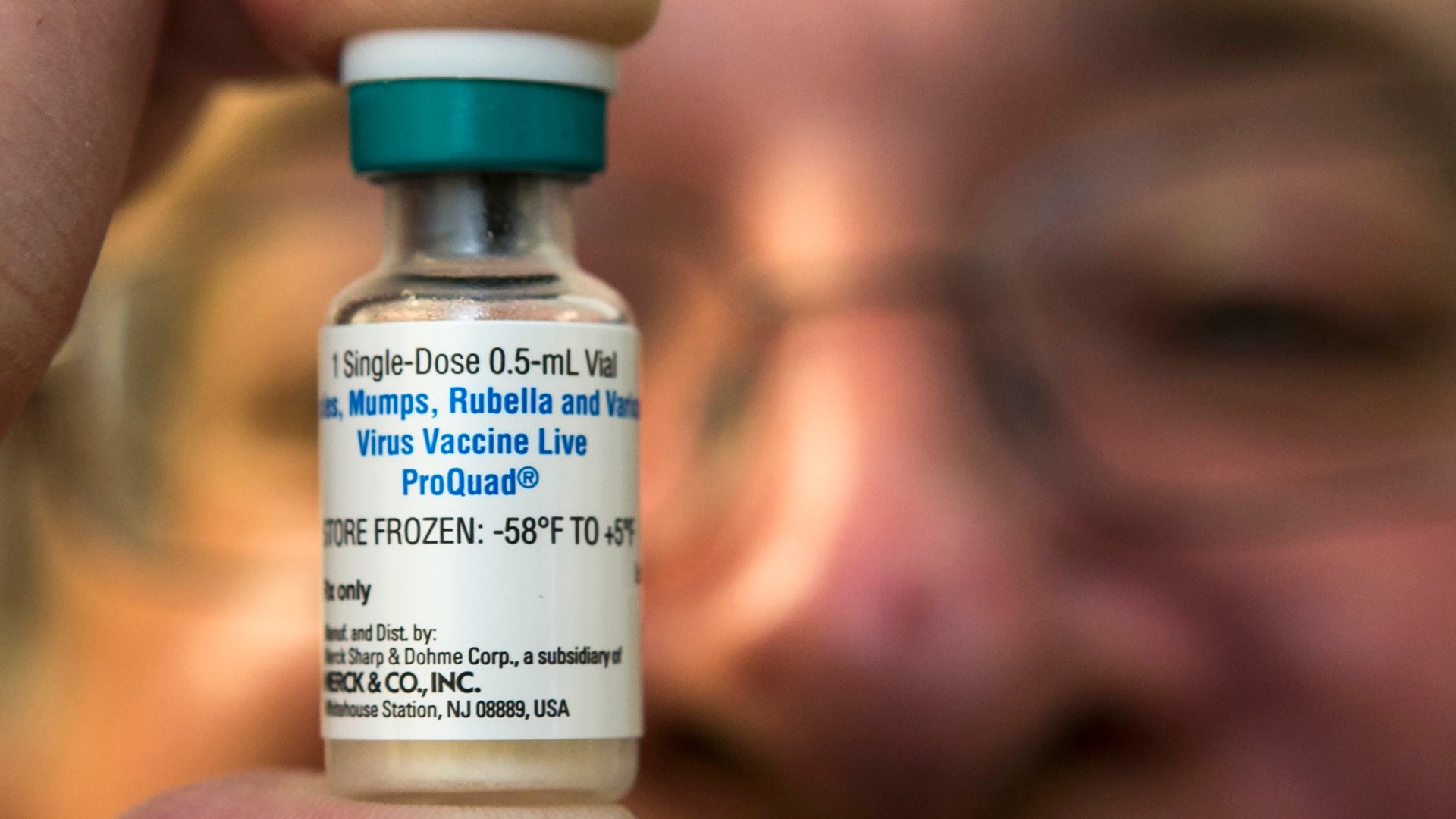Mankind almost beat measles, but the virus is storming back in Europe
European health officials are on high alert as the number of clinically-confirmed measles cases across the continent passed 23,500 in the first six months of the year.


European health officials are on high alert as the number of clinically-confirmed measles cases across the continent passed 23,500 in the first six months of the year.
That’s a staggering increase over last year, in which about 6,000 cases were confirmed across across the full 12 months. The real number is likely higher, say health officials, who estimate more than 41,000 cases have already occurred this year.
Most measles infections last about 10 days, and while many people recover from the complications, sickness can cause serious health problems. Infections have led to brain swelling, meningitis, pneumonia, and liver infections. The highly contagious virus has been the underlying cause of 37 deaths in 2018 in Europe, according to public health officials.
So why the high rates? Officials in Europe and America are pointing, in part, to the populations of parents who are actively choosing to not vaccinate their children.
“This partial setback demonstrates that every person who is not immune remains vulnerable no matter where they live, and every country must keep pushing to increase coverage and close immunity gaps, even after achieving interrupted or eliminated status,” said World Health Organization official Nedret Emiroglu in a statement.
The number of cases in America is also on the rise, albeit less staggering so than in Europe. So far in 2018, the US Centers for Disease Control and Prevention says 107 infections have been reported. That means the US is poised to surpass last year’s 12-month total of 118 cases.
The increased prevalence of measles is noteworthy because, at least in America, the virus was virtually stomped out after a vaccine became available in the 1960s. Europe hit a record low number of cases in 2016, when the continent reported just over 5,000 infections. But increases in cases have corresponded with the rise of a social movement that spurns the idea of vaccinating children to protect against the virus. Some of the leeriness toward vaccinations has bubbled up from now-discredited research from two decades ago, which incorrectly linked vaccines to autism.
Since 2009, the number of “philosophical-belief” decisions to not vaccinate has risen in 12 of 18 US states that allow opt-outs, according to research published in June in the journal PLOS Medicine. In Texas alone, the number of grade-school aged children who’ve not been vaccinated (pdf) has increased 20-fold since 2003, when the state gave people the ability to choose to opt out of a vaccination.
“Our findings indicate that new foci of anti-vaccine activities are being established in major metropolitan areas, rendering select cities vulnerable for vaccination-preventable diseases,” the PLOS Medicine study states.